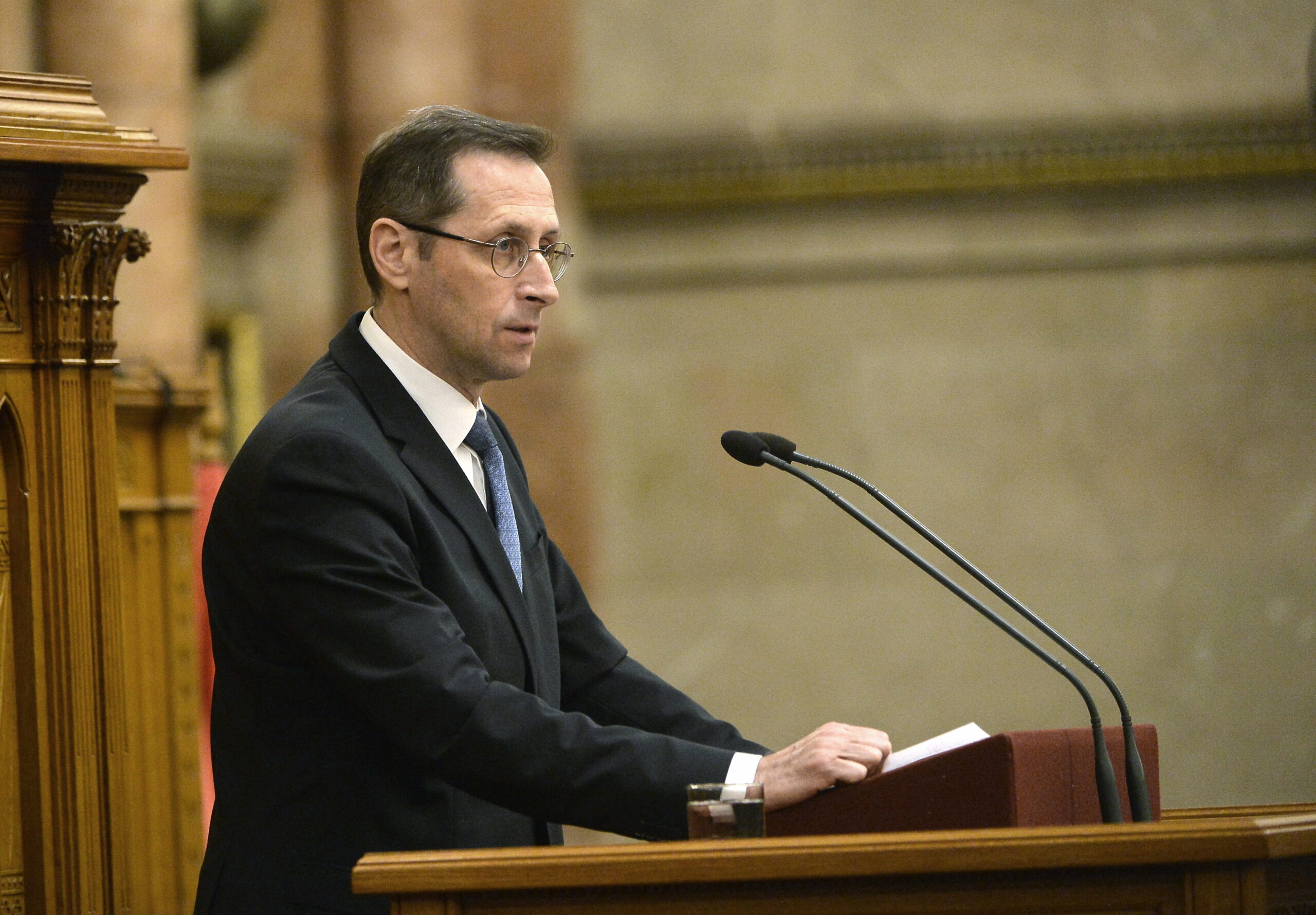At the last minute, the government report was published, which admitted that the performance of the Hungarian economy this year was weak
By law, the medium-term forecast, in this case for the years 2023-2027, must be communicated to the Ministry by the end of the year, and this year it was able to do so at the last minute, on the 30th, and not for the first time. Since it gives a completely damaging picture of the Hungarian economy and the government's economic policy, the According to HVG It is perhaps understandable that they chose a time to publish when such communication would receive relatively little attention.
Because the numbers show it
The Hungarian economy is likely to decline by 0.4 percent in 2023.
In addition, the general budget deficit reached 5.9 percent. That's almost double the original plan of 3.9 percent, but much higher than even the department's latest projection of 5.2 percent.
The inflation rate reached 17.6 percent throughout the year.
The overall wage bill rose by 14.5 percent. In other words, a worker's net real wage fell by 3.3 percent. As a result, household consumption fell by 2 percent. Exports increased by 0.4% and imports decreased by 4.8%, which can be explained not only by a decrease in domestic consumption but also by a decrease in energy prices and an increase in the value of the forint.
There are several reasons why shortages appear so brutal. Most importantly, companies paid 320 billion HUF less in taxes, and consumption-related tax revenues (mostly VAT) were 1.137 billion HUF less. These data are a harsh lesson for the government
He redirected the tax system towards consumption taxes, without taking into account that this type of tax could disappear automatically and quickly in the event of an economic crisis, with a decline in consumption.
And if all this was not enough, the expected EU subsidies were also permanently missing: the budget received less than 400 billion Hungarian forints from the EU.
The loss of billions in revenue led to an almost complete cessation of investment and a slowdown in payment of current tenders. Despite all this, EU money has arrived this year as well, and land subsidies have arrived regularly, so it's possible that landlords and farmers will feel happy this year as well, and a partial release of funds next year could also lead to more optimistic forecasts. .
The government expects a 3.6% increase by 2024, which could rise to the 4.3-4.5 range in the following years.
They expect a real wage increase of 4.7 percent for the following years.
An average of 5,2% with inflation, which, according to calculations, will only fall to the level of 3% by 2025. Taking into account the renewed growth of consumption, the Prime Minister expects 11 thousand billion Hungarian forints in consumption taxes, which increases By 2000 billion Hungarian forints than the actual figure for this year.












































